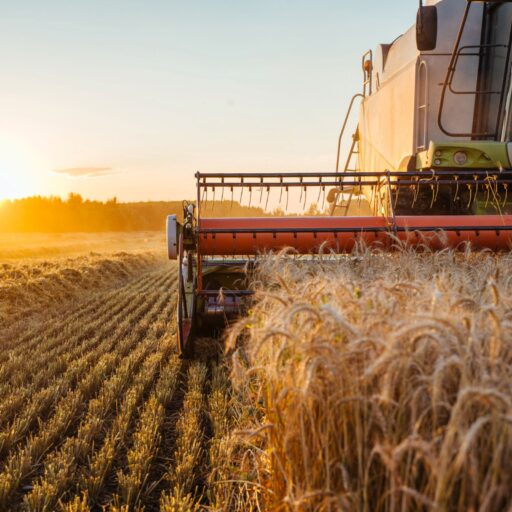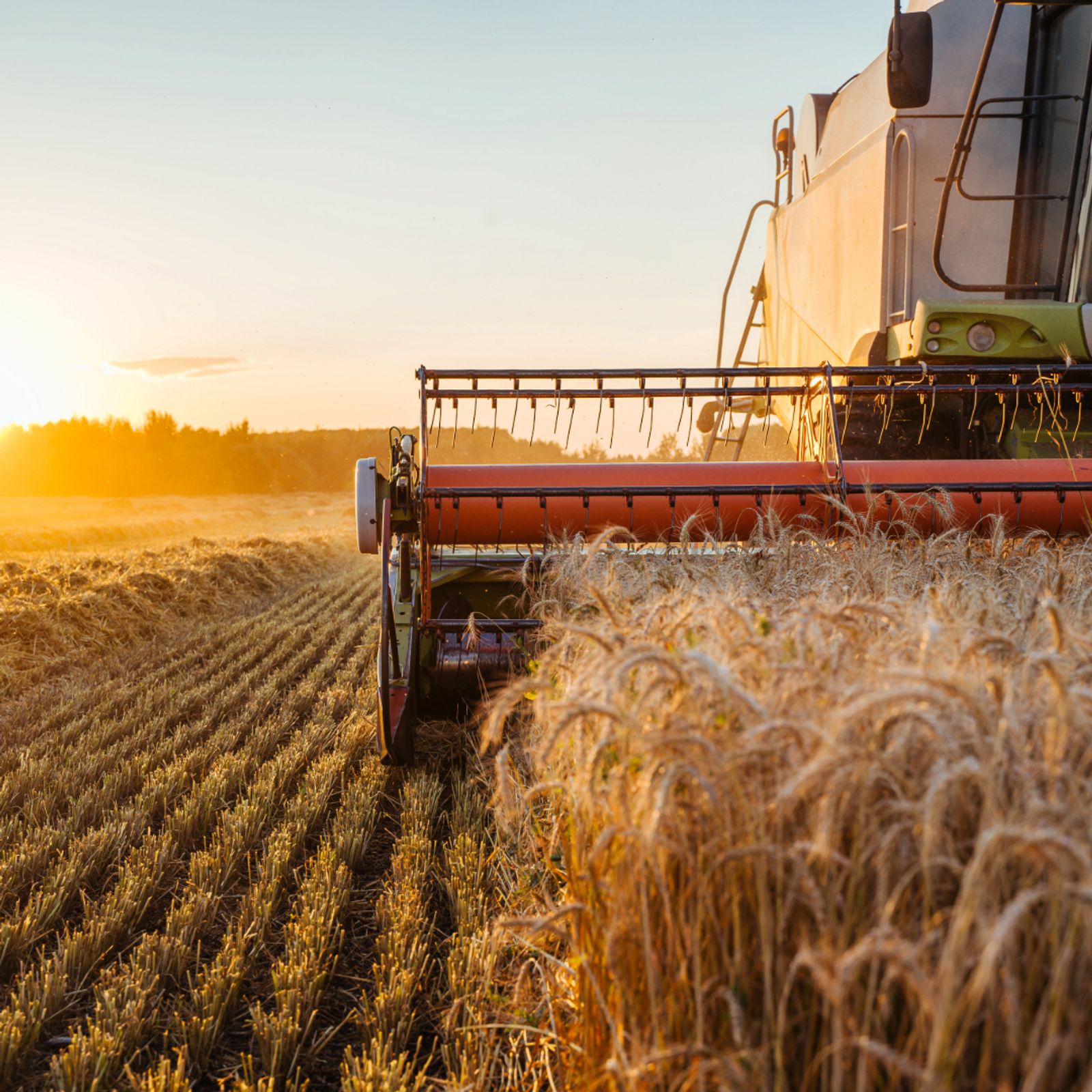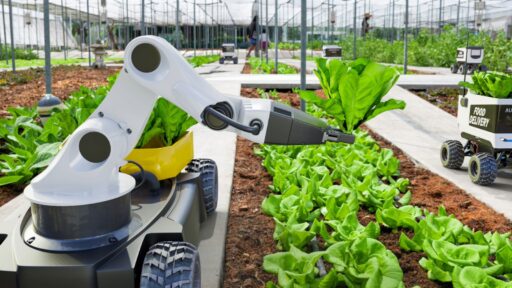Discover The Best CRM Setup for a Farm Operation :
Structuring Customer Management with Simple Tools
In a farm operation, managing customer relationships can quickly become complex: direct farm sales, CSA subscriptions, local market distribution, cooperatives, and public partnerships. A well-configured CRM must be easy for the farmer to use from day one, immediately operational, and flexible enough to adapt to each farm’s unique needs. It should allow for quick onboarding without extensive training, while providing advanced features to automate repetitive tasks.
Types of Contacts to Create
Individual Customers: those purchasing directly at the farm or through an online store. Their profiles need detailed records—contact information, purchase history, product preferences (organic, mixed baskets, etc.), and payment methods.
Points of Sale: including local markets, CSA distribution sites, and farm shops. For these contacts, the CRM must track delivery days, quantities, billing terms, and any returns.
Distributors: restaurants, specialty stores, and distributors, requiring contract terms, negotiated pricing, and restock schedules.
Cooperatives: producer groups sharing equipment or collection centers. The CRM must track their collective deliveries, invoices, and membership fees.
Public Agencies: agricultural offices, technical centers, and regulatory bodies for subsidies, compliance visits, or research involvement. The CRM should manage grant application dates, inspection reports, and regulatory documents.
By segmenting these categories, farmers can send tailored communications and set appropriate follow-up actions for each type of contact.
Useful Modules
Contact Management: each customer record should consolidate all relevant details—company name, contact info, product preferences, purchase volumes, and notes (e.g., “prefers organic produce” or “allergic to nuts”).
Sales and Delivery Tracking: monitor each order’s status—preparing, shipped, delivered—and maintain a full history: dates, quantities delivered, invoice amounts, and any returns.
Follow-Up Scheduling: set up seasonal or monthly reminders to offer new products (CSA baskets, bulk orders, subscriptions) ahead of key demand periods (holidays, winter months).
Order Dashboard: a real-time overview of all open orders, available stock by product type, and scheduled delivery windows. This helps farmers make quick decisions in case of supply shortages or demand spikes.
Automated Emails/SMS: send order confirmations, payment reminders, delivery notifications, and feedback requests. These messages can be customized for each customer type (individual, distributor, cooperative).
Recommended Custom Fields
Product Type Purchased: produce types—fruits, vegetables, dairy, eggs—to segment customers by product lines and send targeted offers (e.g., bulk pricing on jam ingredients to customers who buy fruit).
Purchase Frequency: track customers who order weekly (CSA members), monthly (large baskets), or occasionally (market shoppers). The CRM can trigger automatic reminders before their next expected purchase.
Delivery History: record delivery dates and quantities for each customer, useful for planning logistics (routing and packaging requirements).
Certifications: organic, Red Label, High Environmental Value (HVE) to identify clients who value these credentials and provide them with relevant product updates.
Subscription Renewal Date: track the end dates for CSA memberships or farm basket subscriptions. The CRM will send automatic renewal reminders before expiration.
Example Sales Cycle
First Contact via a farm event, referral, or local market. The prospect’s details are entered into the CRM with their initial interests (e.g., organic vegetable subscription).
Create the CRM Record by capturing all collected information: contact details, product preferences, and desired delivery schedule.
Send a Customized Seasonal Offer: an automated email provides a special welcome discount or a free sample of seasonal produce.
Confirm the First Order and schedule the delivery. The CRM sends a notification and automatically generates a pick list for the farm team.
Automated Follow-Up at 30 Days: a reminder email prompts the customer to renew their subscription or place a new order. The message is tailored to their previous purchases (e.g., “Your last basket included tomatoes—here are our new heirloom varieties”).
This cycle, repeatable each season, ensures consistent communication and eliminates overlooked follow-ups.
Use Case: Orchardist
An orchardist manages 200 CSA members using a CRM. Each customer record aggregates:
Ordered varieties (apples, pears, plums)
Delivery dates (from April 1 to November 30)
Collection points (farm pickup, local markets)
Customer feedback after tasting sessions.
The CRM automatically sends:
A pre-season renewal email before each new CSA cycle.
Weekly reminders the day before pick-up distribution.
Satisfaction surveys three days after delivery.
As a result, the orchardist saves hours weekly on coordinating deliveries and increases the renewal rate by 25%.
Conclusion
A customized CRM for farm operations structures your entire business by centralizing customer data, orders, and follow-up processes. It enhances accuracy, responsiveness, and strengthens customer relationships—whether dealing with individuals, points of sale, or cooperatives. By automating repetitive tasks and providing a 360° view of each account, the CRM frees up valuable time for farmers to focus on production and innovation. In 2025, it becomes the cornerstone of sustainable growth and long-term success.












